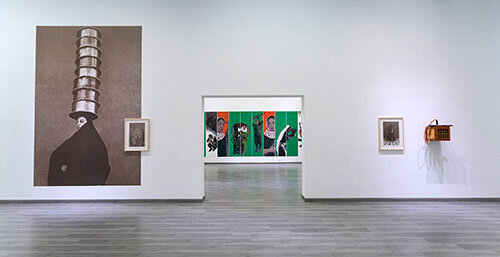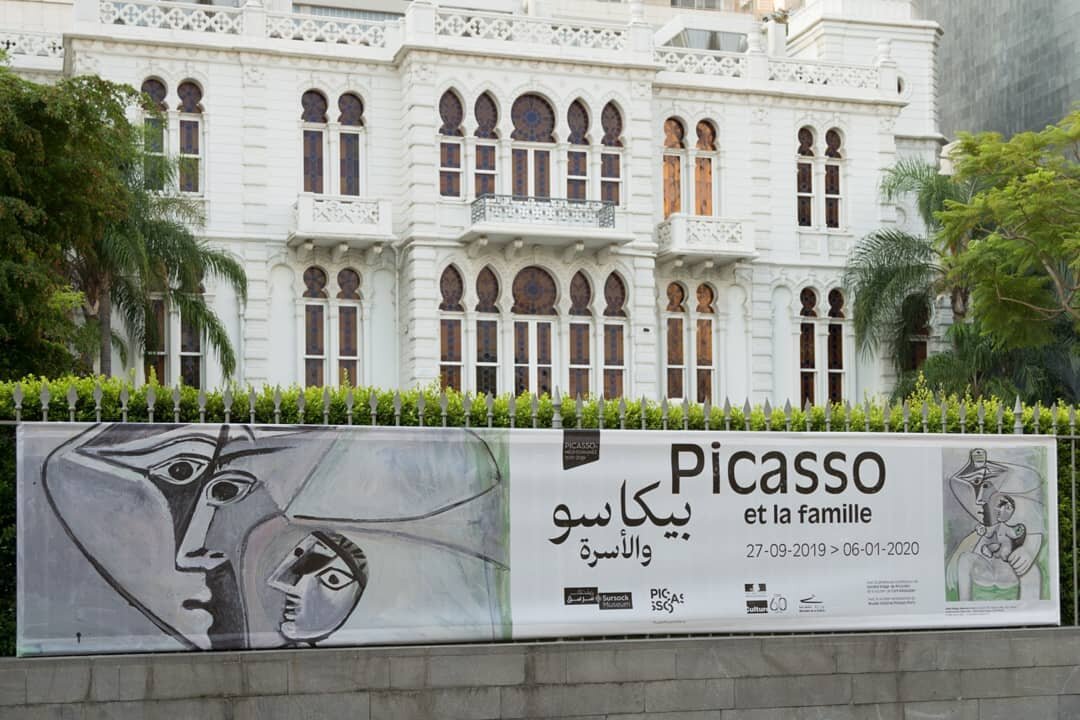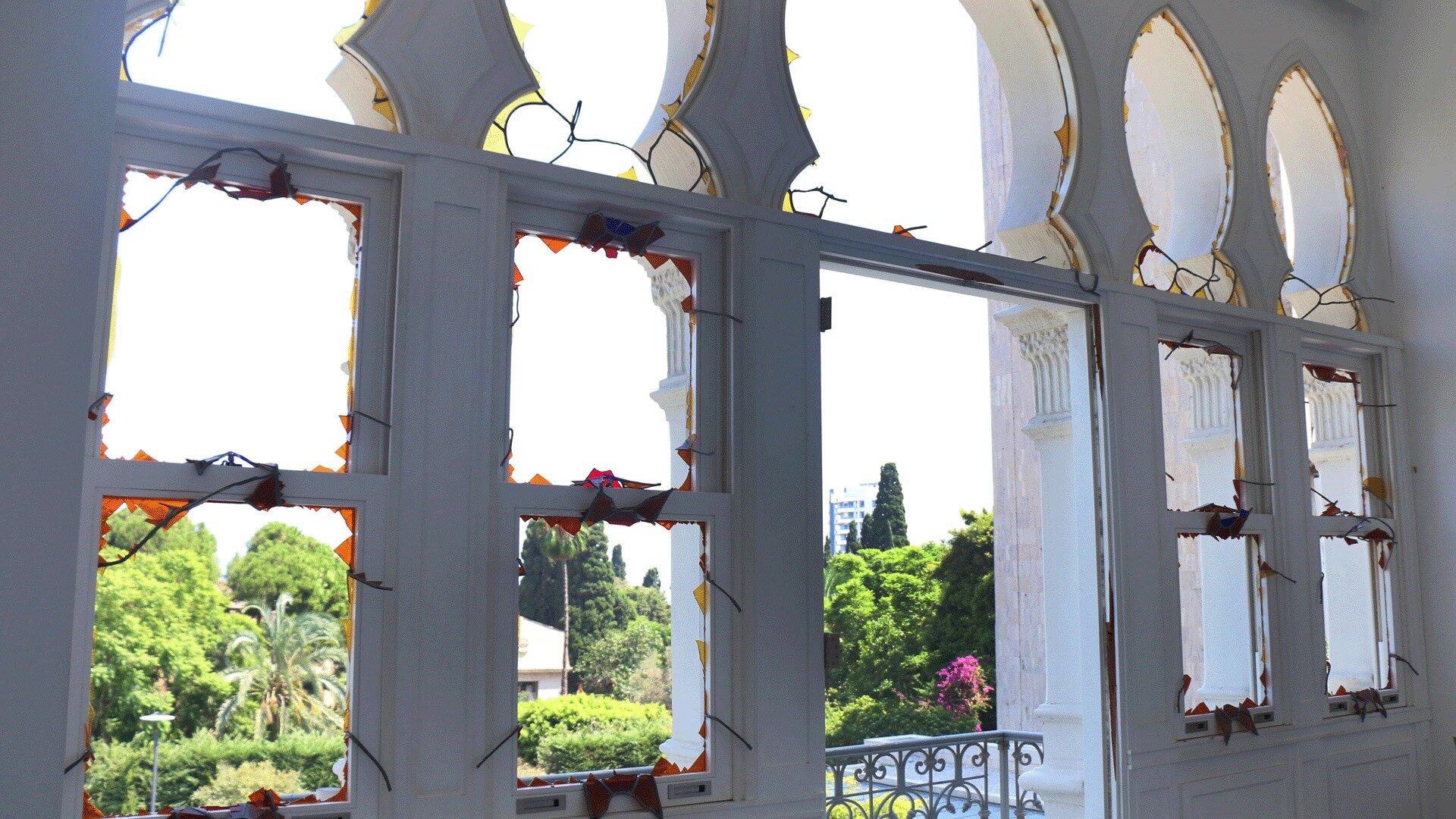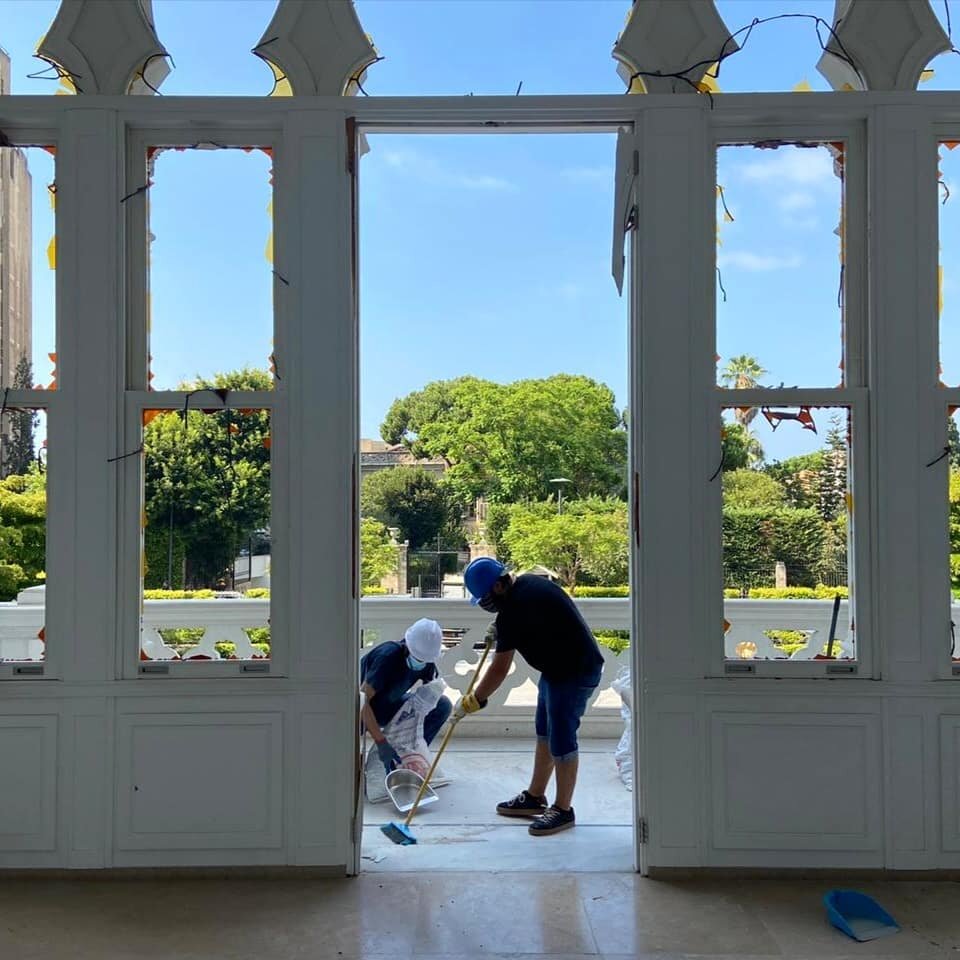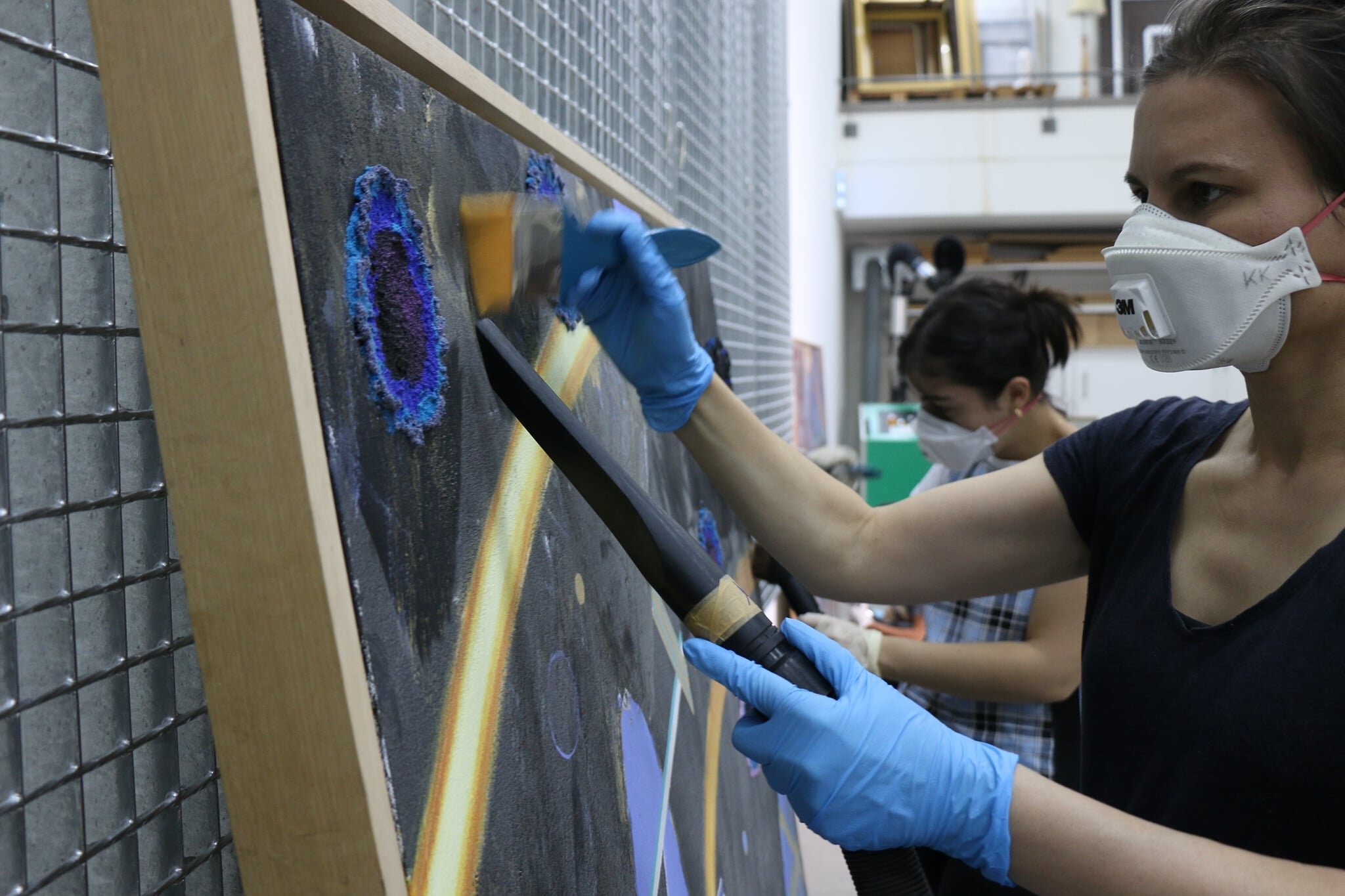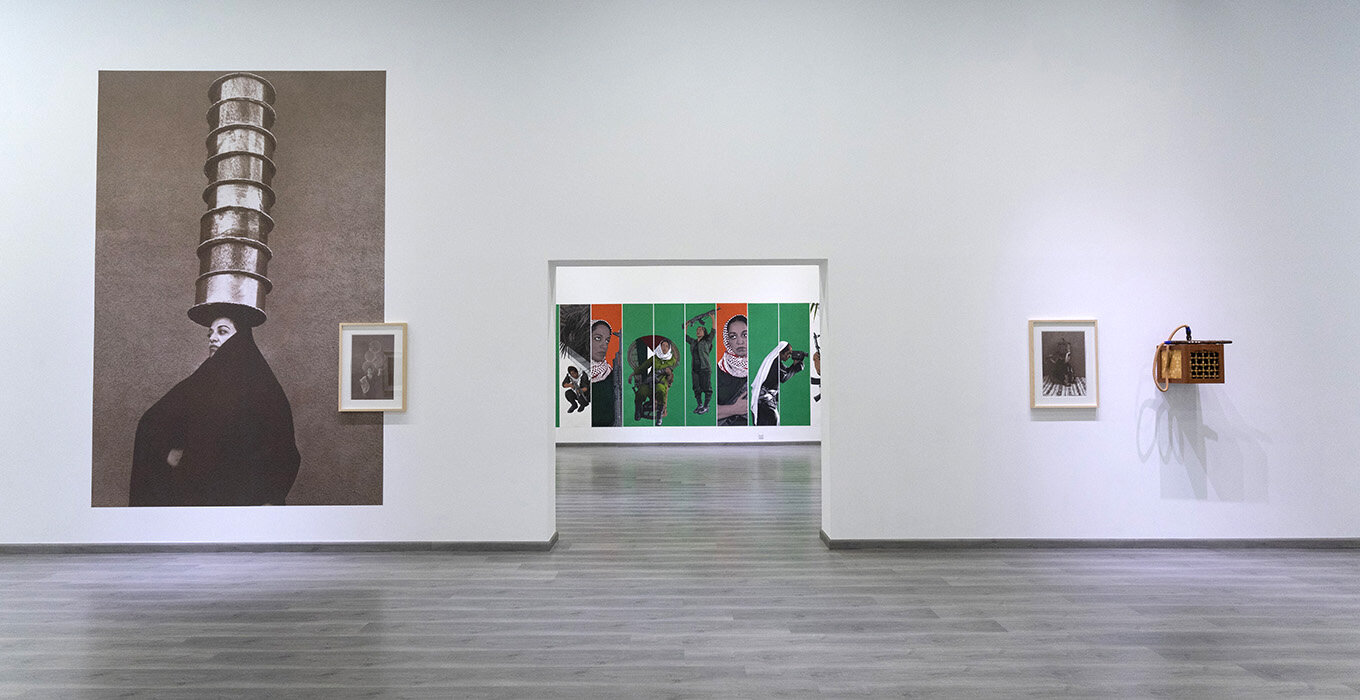
The Covid-19 crisis is having a tremendous impact on artists, performers and cultural industries across the globe. While many feel that deep, creative responses to this difficult year are more needed than ever, financial support for creators is drastically endangered worldwide. That’s why we must encourage solidarity and ask for government and private funding.
Melissa Chemam
“The French cultural sector is in a coma” screams a recent headline in Spain’s La Vanguardia newspaper. “51% of existing organizations may disappear if activity does not resume.” Even though President Macron has invested some two billion euros in the arts, things continue to look dire.
In New York, more than 200 arts groups have been having extraordinary online councils to brainstorm their way forward, according to a New York Times report, in an effort led by “Taryn Sacramone, the executive director of the Queens Theater, and Lucy Sexton, the executive director of New Yorkers for Culture & Arts, an advocacy group. They argue that culture employs 400,000 workers and generates $110 billion in economic activity for the city.”
As the Covid-19 crisis is moving toward a second wave, forcing cities and some countries into more quarantines and further lockdown, without music, cinema, literature and artistic events, can we hold on much longer?
Music or books may be the greatest comfort for many people, art the most meaningful way to address and challenge complex issues, but when the financial crisis kicks in, musicians and artists are the first ones to lose funding and support.
By March 2020, most cultural institutions across the world had to close for an uncertain amount of time. Museums, galleries, theatres and other public institutions migrated online and asked for donations. Early that month, for example, the British Museum in London had announced a major exhibition of 150 works by Middle Eastern artists, but has since shelved plans to open until early next year. At the same time, the Sursock Museum in Beirut commissioned the development of a virtual tour of its collection “so that people could visit the Museum and explore its many spaces and exhibited artworks safely, and from the comfort of their home. We took this decision in the midst of the Covid-19 pandemic, not knowing, at the time, when we would be able to reopen to the public.”
In Europe, in the USA, in India, in the Middle East, the closure of art and music venues has brought songwriters, singers, performers, theatre makers and visual artists to their knees. The pandemic has also hurt the bottom line of the art world as both Sotheby’s and Christie’s have seen a precipitous drop in sales.
A major concern in the United Kingdom and in the USA is the lack of public support for artists, freelancers and self-employed workers. According to the Federation of Small Businesses, 4.9 million British workers are self-employed, around 15% of the total workforce. These workers urgently need a support plan.
The situation is even worse for theatres and cinemas. For instance, 50 London theatres, and 250 throughout the UK, have closed in the spring according to the Society of London Theatre (Solt) and UK Theatre, the industry body that represents them. Equity, the actors’ union, declared,: “No one should be left behind just because their employment is insecure.” They’re struggling to reopen. As for cinemas, some even wonder if they will survive. “I am dreading and weirdly looking forward to cinemas reopening,” Ghanaian-British filmmaker John Akomfrah told Isabel Stevens on the BFI’s website, in a piece aimed at saving an iconic decade-old cinema of East London, the Rio in Hackney. “The viewing experience in our homes has been fantastic but I want cinemas back. I can’t think what a world would be like that didn’t have them as central to the cultural landscape.”
In his article titled ‘Time For Artists’ Mutual Aid?’ posted on July 27, 2020 on Freedom News, Stephen Pritchard, an art historian, researcher and co-founder of Rewild the Arts, wrote that “Millions of workers face uncertain futures and the real prospect of unemployment—perhaps long-term unemployment. Artists and arts workers epitomize precarious working—our dreams of autonomy easily captured by neoliberal capital and the state.”
But he also blames the lack of solidarity and self-organization. “Artists and arts workers are in disarray, tied to neoliberal capitalism and state funding,” he continues. “Yet artists were once dangerous. We have paid a terrible price as we all-too-often capitulated to those spearheading the free market counter-revolution, too often selling ourselves to the devil for the paucity of the next Faustian pact.”
He advises people to get inspiration from the COVID-19 Mutual Aid groups that are self-organizing and raising their own funds across the UK and the globe: “Imagine if artists set up local Artists’ Mutual Aid groups to support each other through these difficult times; to begin setting out ways of speaking to power with coherent voices; to start using art to demand radical changes to the way we work and live together. Imagine self-organized and self-organizing local groups sharing and cooperating, and sharing and cooperating with other groups in other areas to start an Artists’ Mutual Aid Network (or Alliance) that linked in with communities and formed new alliances with other precarious workers. Imagine a renewed sense of solidarity and community that is at once autonomous and collectively powerful.”
As a freelance writer and broadcaster, I couldn’t agree more. But for this mission to work, these initiatives should include the wealthiest of the artists. These, for now, haven’t spoken out.
If the UK and the USA are struggling to rearrange public funding and national support for their creative freelancers, the situation is indecently worse in Lebanon, after a year of devastating economic crisis, protests and the terrible blast that rocked the whole capital in early August.
![A man taking a photograph of the destroyed Beirut port, Lebanon, August 16, 2020 [Chris McGrath, Getty Images]](https://themarkaz.org/wp-content/uploads/2021/08/chemam-arts-pandemic-Chris-McGrath-GettyImages-1266588422.jpg)
Writing “‘Broken Glass, Blood, and Anguish: Beirut After the Blast‘” for the New York Review of Books, the American pediatrician and humanitarian aid worker based in Beirut , Seema Jilani, retold on 18 August the horrific events: “The air was still whirring with debris. Everything was eerily silent. But it wasn’t. I just couldn’t hear anything. My ears were ringing.” Adding She went on: “Someone has spray-painted the words ‘”My government did this'” on a concrete highway barrier close to ground zero at the Beirut port. No one now expects anything to get better. The only real question seems to be: How much worse can it get?”
Everyone impacted, both inside and outside Lebanon, including , journalists and, key thinkers, blamed the inaction and corruption of the political class, as did writer Elias Khoury did in the French daily Libération, inviting his fellow citizens to rebel against the system in place to rebuild the city.
It’s especially true for the art world.
In her piece “‘We Are Having Trouble Living Without Fear“‘ published in ArtNet, former Editor-in-chief of Harper’s Bazaar Art and contributor to Vogue Arabia, Arab News, Rebecca Anne Proctor, who is based in Dubai, wrote that “to truly appreciate the challenges Beirut faces, one must first understand the context in which the explosion erupted.” As one of her interviewees explains, “Beirut, more than Lebanon, is a central place for the whole region.” The words are from Saleh Barakat, who runs Agial Art Gallery and Saleh Barakat Gallery, which was severely damaged in the explosions, losing one member of their staff, Firas Dahwish. Beirut also “represents a free culture that is being endangered today,” they all fear.
“In the wake of the explosion, cultural organizations from around the world—including UNESCO, the International Council of Museums, the World Monuments Fund, and the Louvre—pledged to offer support in the rebuilding of the city’s museums and arts organizations,” Rebecca Anne Proctor added. “But local experts say the physical damage is just one element of a much more complex web of problems,” after a year of incredible challenges and months of protests.
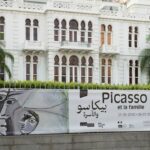
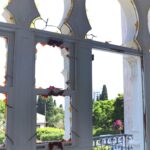
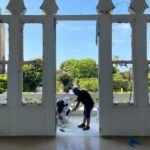
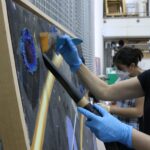
The Sursock Museum before and after the Port of Beirut explosion (Photos courtesy Sursock Museum)
With galleries and museums severely damaged, including the Arab Image Foundation (AIF) and the Sursock Museum, a lot of artists have for now no other choice than to flee going abroad, at least for a while, like so many fellow Lebanese have had to do over decades of conflicts and civil war.
Rebuilding Beirut will demand more than money, and without international funding the task will be near impossible. But the country’s true wealth is in its civil society, which has through the years “kept the country’s roots watered, cultivating the seeds of hope and building it to shine through its creativity, culture, or entrepreneurial skills,” suggests an op-ed posted on the cultural platform Art Breath.
The cultural sector is thus creating its own initiatives, like For the Love of Beirut. As far away as the United States, Interlink publishing company has pledge to donate 30% of sales from 26 books of Lebanese authors it publishes to help Beirutis rebuild.
The community from the arts and cultural district Alserkal Avenue, in Dubai, organized a day to raise funds and donate for Beirut. The Arab Fund for Arts and Culture – AFAC and Culture Resource (Al-Mawred Al-Thaqafy) launched an international fundraising campaign to support the culture and the arts community within Beirut. Both Culture Resource and AFAC will contribute to the fund with seed capital and handle its management and distribution to institutions and individuals in the arts and culture sector. And the platform Mophradat, co-founded by Lebanese-born artist Walid Raad, to help artists from the Arab world creating opportunities through an inventive approach to funding, commissioning, collaborating and gathering, has started funding for the creative sector in Beirut.
Christie’s also launched a charity auction to support Beirut’s art scene, scheduled for late October / first half of November 2020. “Beirut has always been one of the most vibrant and creative capitals of the Middle East,” said Caroline Louca-Kirland, Managing Director Christie’s Middle East to Arab News, and the city “had the chance to call its own some of the best artists of the region in past and present times. The art scene in Beirut combines all the cultural fabric of an active ecosystem, artists, museums, galleries, foundations, collectors and patrons.”
This unprecedentedly acute multiple crisis means that we need culture more than ever before.
In France, Italy, Germany…governments are tacking action and creating extended furlough schemes. In May, French President Emmanuel Macron promised that the government would not abandon cultural industries, and met with representatives from the French arts sector, to whom he laid his plan for support. It includes prolonging financial support for “intermittent” artists, making authors eligible for the solidarity fund for the self-employed and guaranteeing bank loans for small festivals. Theatres and performers now expect this plan to be extended for at least the whole winter.
Throughout Europe, the situations vary. According to Luke James, press officer for European trade unions, the current coronavirus support for the self-employed is of 80% of average wage over last three years in Norway, up to €1,582 per month in Belgium, €1,500 for those who lose over 70% of income in France, €203 per week for six weeks in Ireland, and €600 a month in Italy, and… £94 a week in the United Kingdom, a country that has for long been insensitive to public financial support for artists.
In Canada, culture contributed over $53 billion to the economy in 2017, yet the median individual income for artists was $24,300 per year, i.e. 44 per cent less than the median for all Canadian workers ($43,500) according to The Conversation. “The federal government recently extended the term of the Canada Emergency Response Benefit (CERB) until the end of August,” wrote the authors, “but many are concerned that even with these extended benefits, a return to performing might be months, if not years, away.”
In the meantime, art institutions started to reopen. In Shanghai the ShanghART gallery unveiled a new exhibition as early as 12 April 2020. But physical distancing is everywhere strictly enforced, masks mandatory, and sometimes temperature checks are unavoidable; furthermore, food and drink are not served. These sorts of events cannot be profitable. And concerts are for now still out of the question on all continents. In England, most cinemas and theatres haven’t reopened.
The only reasonable response is to do whatever is possible to make this crisis change our economic models for good.
As Naomi Klein wrote in The Intercept, in her piece on how to beat “coronavirus capitalism,” we must avoid another “disaster capitalism” crisis: “During moments of cataclysmic change, the previously unthinkable suddenly becomes reality. We can look at tools to build up new plans. This crisis—like earlier ones in history—could be a catalyst to shower aid not on the wealthiest interests in society (including the ones most responsible for our current vulnerabilities and the climate emergency), but to the workers.” That’s how Roosevelt’s New Deal came about in the USA, the welfare state in Europe and in the UK the NHS.
Worldwide, many political parties, economists, activists are now asking for a comprehensive income protection scheme, statutory sick pay for all workers, and universal basic income. And a “green” recovery plan for the economy.
“Universal Basic Income is an affordable and feasible response to coronavirus,” SOAS Professor Guy Standing told me in an interview, speaking from Italy. Handing out £1000 per person per month in Britain would cost £66bn a month—a fraction of nearly £500bn bailout during the 2008 financial crisis. And artists are key workers, in these times as much as many others. And for them, there is no better plan than this radical idea.
Down the road, we will have to reinvent our system of production, and to think about what we give value to. Education and culture play a great role in keeping people safe from isolation and making them more resilient, professionally but also simply emotionally and mentally. Artists and educators also define what sort of society we build, based on which values. More than ever, all around the world we will need to look for better solutions to make life liveable for all, not only for the 0,1% richest or “most productive” workers. Or our cultural legacy in this world might soon be reduced drastically.



